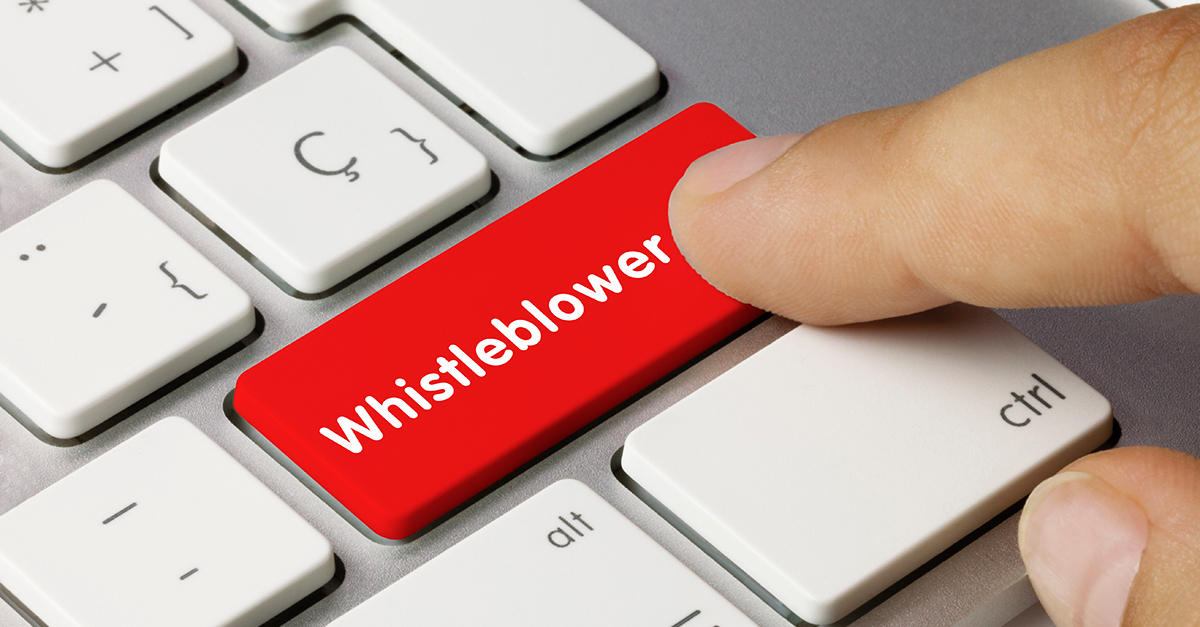
The Pros and Cons of Whistleblowing: Balancing Loyalty and Responsibility
Whistleblowing is the act of reporting misconduct, illegal activities, or unethical behavior within an organization. This act can be done internally to management or externally to regulatory authorities or the public. Whistleblowing is a complex issue that requires balancing loyalty to the organization and responsibility to the greater good. In this article by Official Adda, we will explore the pros and cons of whistleblowing and its impact on individuals, organizations, and society as a whole.
Table of Contents
ToggleThe Pros and Cons of Whistleblowing: Balancing Loyalty and Responsibility
Whistleblowing is the act of reporting unethical or illegal activities within an organization to the appropriate authorities. It can be a difficult decision for individuals, as they must balance their loyalty to the organization with their responsibility to the greater good. In this article, we will explore the pros and cons of whistleblowing and provide insights on how to balance loyalty and responsibility.
The Pros of Whistleblowing
Promoting Ethical Behavior
Whistleblowing can promote ethical behavior within an organization by exposing misconduct or illegal activities. By reporting wrongdoing, whistleblowers can prevent harm to stakeholders, including customers, employees, and the public. This can ultimately help to build a culture of ethical behavior within the organization.
Protecting the Public Interest
Whistleblowing can protect the public interest by exposing activities that are harmful or illegal. For example, whistleblowing played a critical role in uncovering the Flint water crisis, where government officials were found to have covered up lead contamination in the city’s water supply. Whistleblowers can help to prevent harm to society by reporting such activities.
Legal Protections
Whistleblowers are protected by several laws in the United States, including the Whistleblower Protection Act and the Sarbanes-Oxley Act. These laws provide legal protections against retaliation for whistleblowers and encourage individuals to report misconduct without fear of reprisal.
The Cons of Whistleblowing
Reprisal and Retaliation
Whistleblowers often face reprisal and retaliation for reporting misconduct. This can include harassment, demotion, termination, and even physical harm. Whistleblowers may also face difficulty finding new employment due to their reputation as a whistleblower.
Damaged Relationships and Trust
Whistleblowing can damage relationships and trust within the organization. Coworkers and managers may feel betrayed by the whistleblower and may refuse to work with them in the future. The organization may also suffer reputational damage and loss of trust from customers, employees, and investors.
Financial Losses
Whistleblowing can result in financial losses for the organization. This can include legal fees, fines, and damage to the organization’s reputation. The organization may also suffer financial losses due to decreased productivity, decreased sales, or loss of investors.
Balancing Loyalty and Responsibility
It is important to balance loyalty to the organization and responsibility to the greater good when considering whistleblowing. Whistleblowing can promote ethical behavior and protect the public interest, but it can also result in negative consequences for the individual and the organization. It is essential to have a clear understanding of whistleblowing policies and procedures and to make ethical decisions based on one’s moral compass.
Whistleblowing Policies
Organizations should have clear and accessible whistleblowing policies and procedures. These policies should outline the steps for reporting misconduct, identify the appropriate channels for reporting, and provide protection for whistleblowers. Employees should feel safe and secure when reporting concerns and should not face retaliation for doing so.
Ethical Decision-Making
Whistleblowing requires ethical decision-making. Individuals should carefully consider the facts and evidence of the misconduct before blowing the whistle. They should also consider the potential impact on themselves, the organization, and society as a whole. Whistleblowing should be done with integrity and responsibility and guided by one’s moral compass.
Conclusion
Whistleblowing is a critical mechanism for enforcing ethical behavior and protecting the public interest. However, it is a complex issue that requires balancing loyalty to the organization and responsibility to the greater good. Whistleblowing can result in negative consequences for the individual and the organization, including reprisal and retaliation, damaged relationships and trust, and financial losses. To balance loyalty and responsibility, organizations should have clear whistleblowing policies and procedures in place to protect whistleblowers and prevent misconduct. Individuals should make ethical decisions based on their moral compass and carefully consider the potential consequences before blowing the whistle.
FAQs
- What is whistleblowing?
Whistleblowing is the act of reporting unethical or illegal activities within an organization to the appropriate authorities.
2. What are the pros of whistleblowing?
Whistleblowing can promote ethical behavior, protect the public interest, and provide legal protections for whistleblowers.
3. What are the cons of whistleblowing?
Whistleblowers may face reprisal and retaliation, damage relationships and trust within the organization, and result in financial losses for the organization.
4. How can organizations balance loyalty and responsibility when it comes to whistleblowing?
Organizations can have clear whistleblowing policies and procedures in place, protect whistleblowers, and prevent misconduct. Individuals should make ethical decisions based on their moral compass and carefully consider the potential consequences before blowing the whistle.
5. Why is whistleblowing important?
Whistleblowing is important because it promotes ethical behavior, protects the public interest, and can prevent harm to stakeholders.


